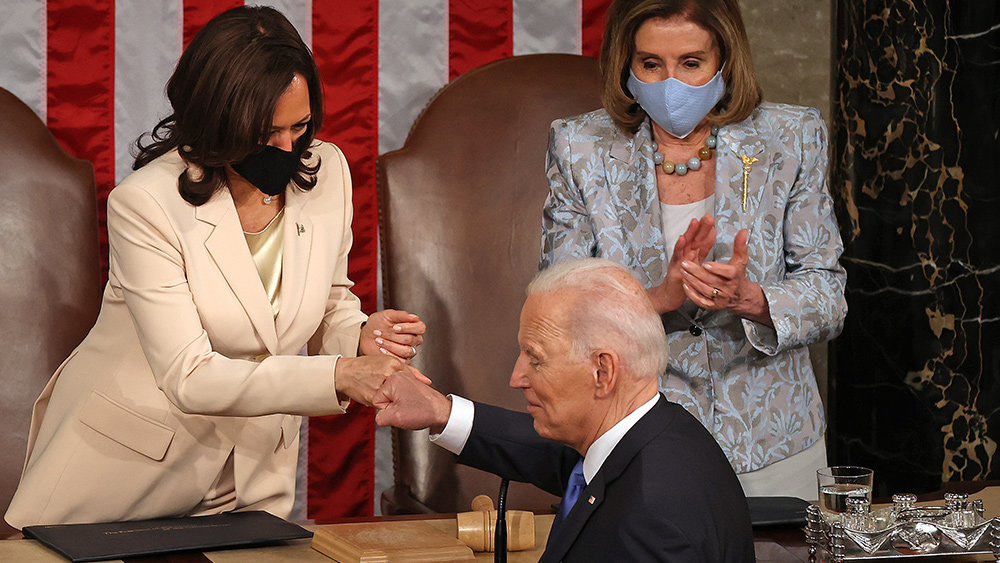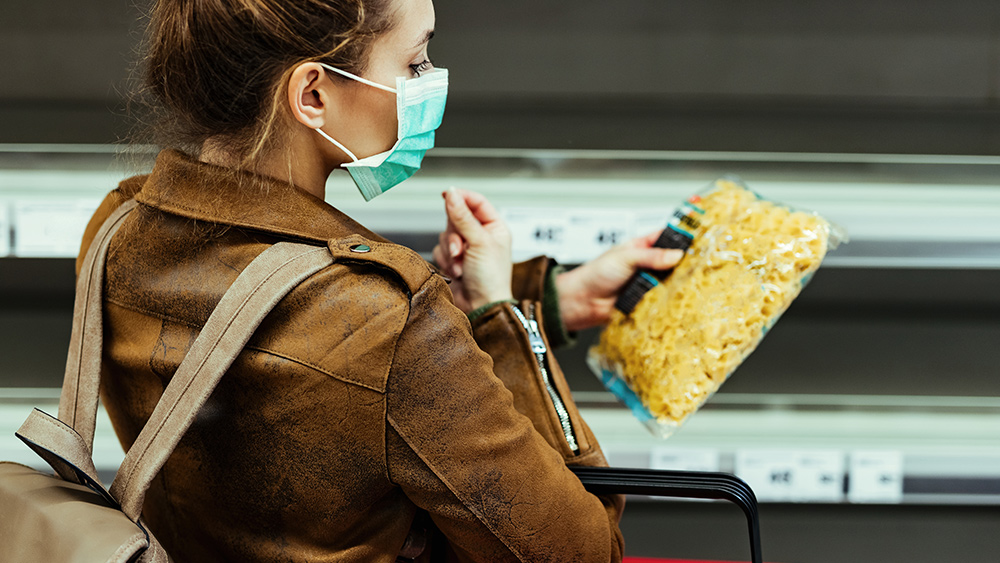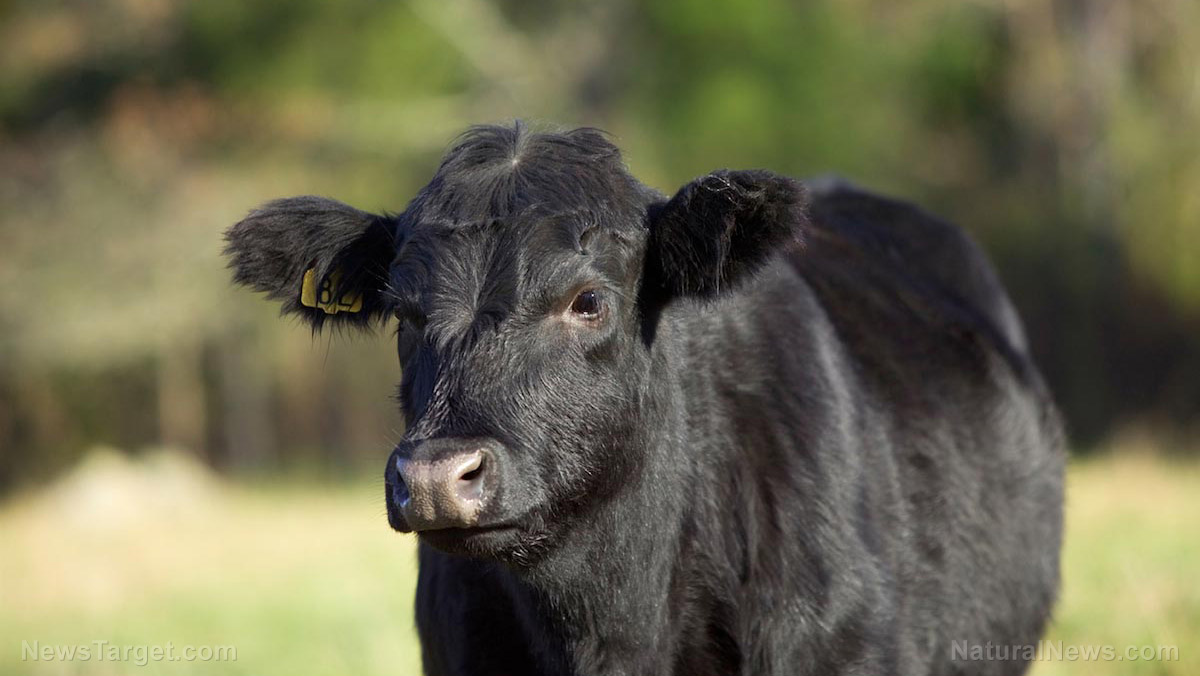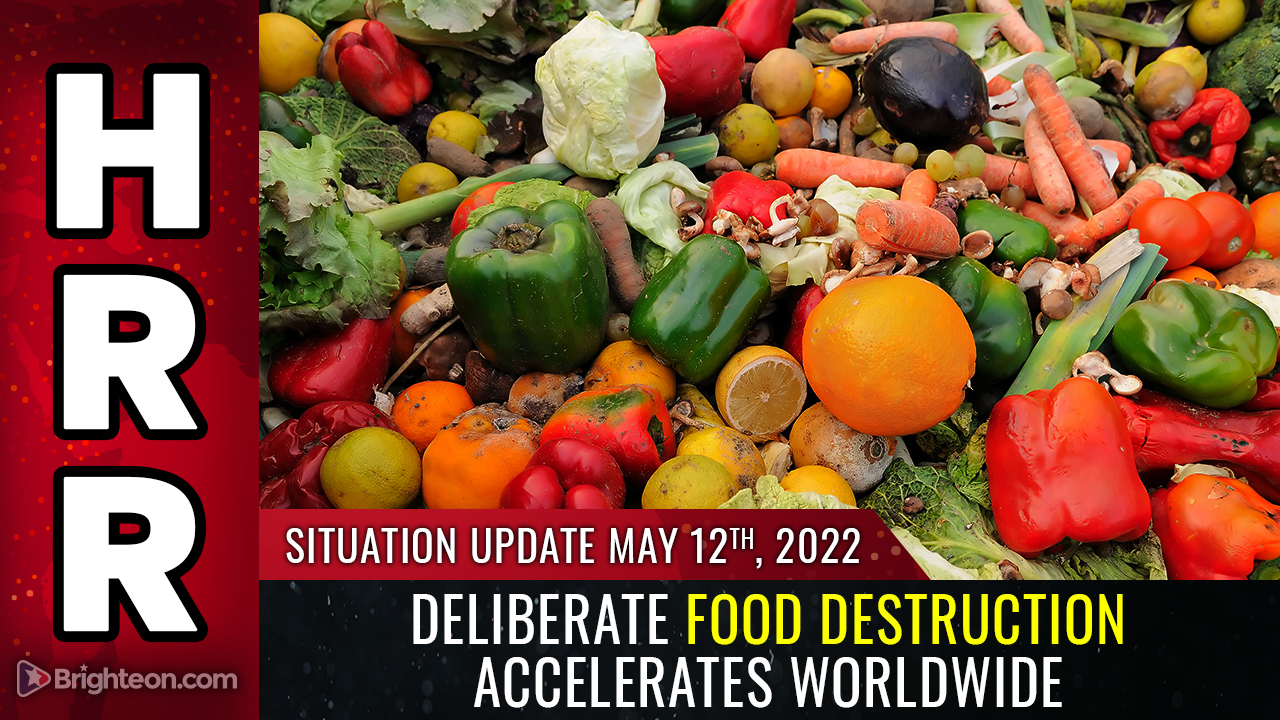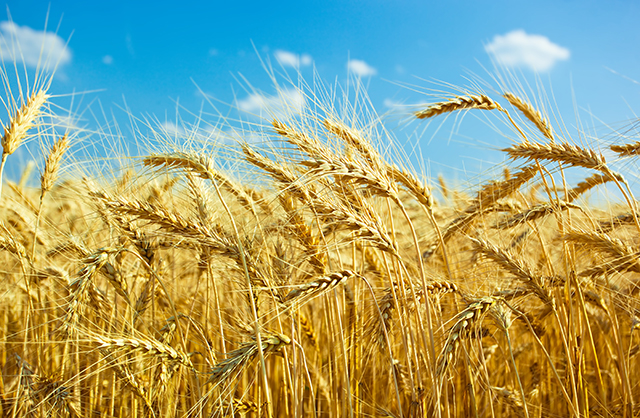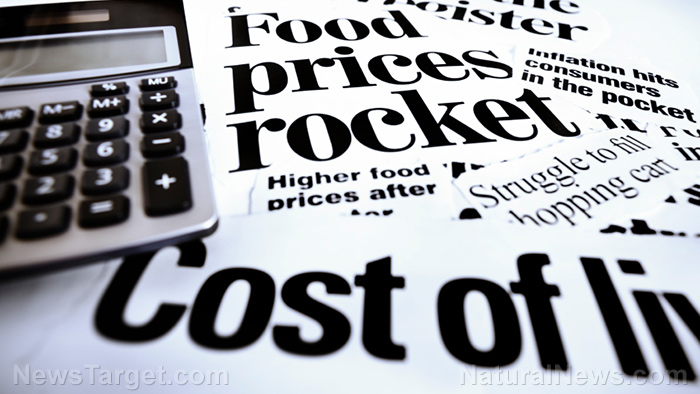Bill Gates, the World Bank and crony capitalism all waging war against Indian farmers
02/26/2021 / By Ethan Huff

For centuries, India, the second-most populated country in the world, has thrived with its organic patchwork of small farmers that provide clean, healthy, nutritious food to 1.3 billion people. Billionaire eugenicist Bill Gates, the World Bank, and other crony capitalist Western entities, however, want to change that.
Dr. Vandana Shiva, founder and president of Navdanya, Technology and Natural Resource Policy and recipient of the Right Livelihood Award, also known as the ‘Alternative Nobel Prize,’ explained to RT during a recent interview that globalist power players are working overtime to replace India’s unaffiliated network of small-scale family farmers with a large chemical agriculture system, similar to the one that exists in the United States.
India has been a target of this type of transition since at least 1991, though tensions have risen over the past year to the point that Indian farmers are once again rising up in mass protest against Big Agriculture.
“If you look at only the last six months, you won’t understand what’s going on because this started in 1991 when the World Bank put conditionalities having gotten us into debt for the Green Revolution, the chemical agriculture, the fertilizers, the damns, and $90 billion debt we had,” Dr. Shiva stated.
“And then they put structural adjustment, and there were elements in structural adjustment, they said, ‘you have to remove all stockholding limits, you have to remove all price regulation, you have to get rid of the regulated markets which are run by corporatists of traders and farmers and governed by the regional governments, not by the centralized government.”
You can watch the full interview below:
India is fighting against the globalists to preserve its soil and soul
As it should be everywhere in the world, India currently grows a diversity of crops in its many varied-climate regions. None of it is uniform, and Dr. Shiva says this model works for providing life-giving nutriment to the highest population and density of people anywhere in the world.
“You cannot have one uniform pattern,” Dr. Shiva says about India’s diverse agricultural systems.
“But now not only do we have one uniform pattern for India, Mr. (Bill) Gates, my favorite person these days, says he wants One Gates Ag (Gates Ag One) for the whole world. So the World Bank put this package together and there’s been resistance against this, but at the same time the WTO rules were leaked in 1991, and we knew what the globalizers and the corporations wanted. They wanted to patent seed, they wanted free trade in commodities, and they wanted pseudo-sanitary measures to shut down local food economies and promote junk food.”
The result of all this, Dr. Shia says, is 30 years of “political agitation and movement.” Hundreds of thousands of farmers from different regions recognize that their lives and livelihoods are under attack by the West, so they are rising up together to stop it.
“We were saying food is too precious to be left to trade driven by profits,” says Dr. Shiva, a longtime activist herself. “It’s not a commodity. It is a livelihood for the farmers and a necessity for the rest.”
At the end of the day, this is about fighting to save the soil and soul of India, Dr. Shiva emphasizes.
“If the small farmers are no more, India is not a civilization that is India,” she warns. “They nourish the soul of this country. And that we have stayed small farmers in spite of the global powers wanting to grab the land and turn us into a large farm desert like the Midwest of the United States is because of this love for Mother Earth, this love for the soil, this love for India, and this pride in feeding this country. They take pride in feeding 1.3 billion. I can tell you the U.S. model cannot feed 1.3 billion.”
More related news can be found at Food.news.
Sources for this article include:
Submit a correction >>
Tagged Under:
chemicals, depopulation, farmers, food crisis, food supply, genetic engineering, globalism, GMO, harvest, India, Monsanto, Roundup, small scale farming, Vandana Shiva, World Bank
This article may contain statements that reflect the opinion of the author
RECENT NEWS & ARTICLES
COPYRIGHT © 2017 GROCERY NEWS

